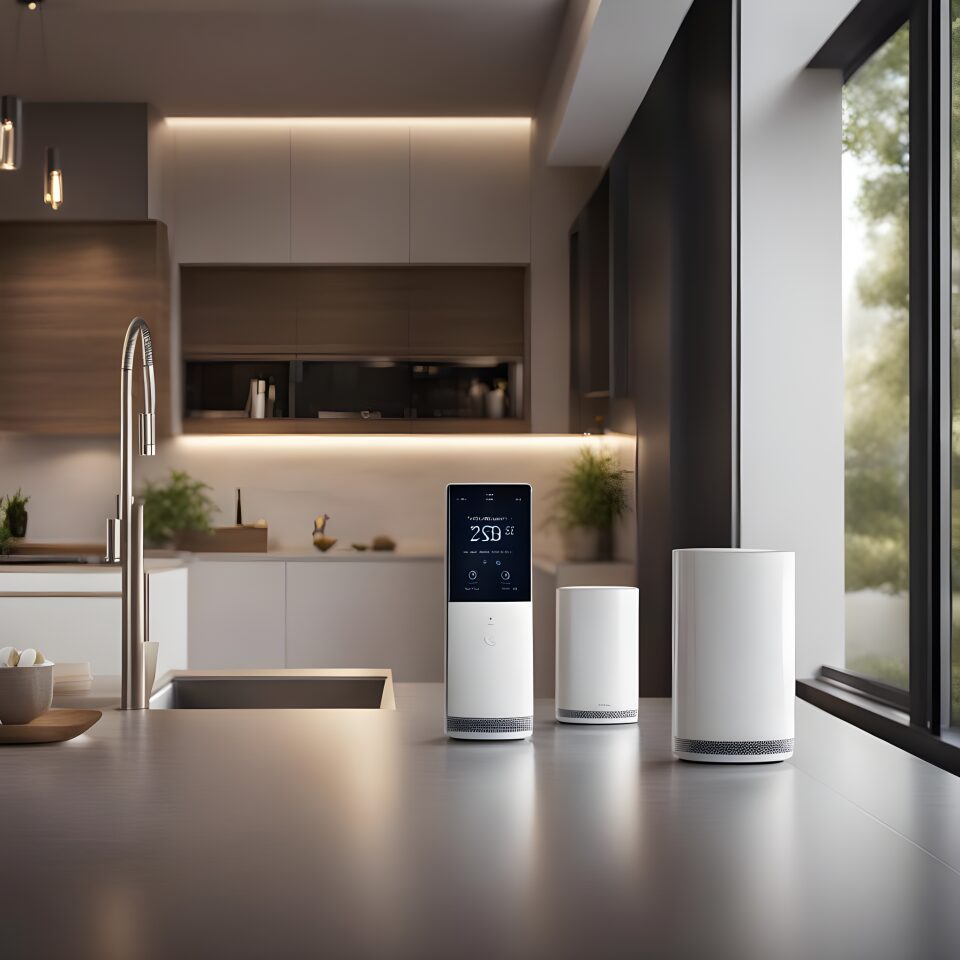The UK government has set a target of achieving net zero carbon emissions by 2050. This will require a significant reduction in the amount of energy used in homes. Heat pumps and solar panels are essential technologies for achieving this goal, but they are not enough on their own. Artificial intelligence (AI) is also needed to intelligently manage energy demand and optimise the use of renewable energy.
The role of AI in intelligent homes
Intelligent homes use AI and sensor technology to monitor energy use throughout the property and make adjustments to optimise efficiency. This can lead to significant reductions in energy consumption, as well as lower energy bills.
For example, AI can be used to:
- Automatically adjust the temperature in a home based on the weather forecast or the occupants’ preferences.
- Turn off appliances when they are not in use.
- Optimise the use of solar panels to generate and store energy.
- Schedule energy-intensive tasks, such as laundry, for off-peak times.
Studies on the benefits of AI in homes
A study by the Wondrwall Group found that smart tech can reduce energy usage by up to 30%, while intelligent home systems can reduce it by 53%. This means that intelligent homes have the potential to save households a significant amount of money on their energy bills.
Another study, by the University of Cambridge, found that AI-enabled thermostats can reduce energy consumption by up to 20%. The study also found that AI-enabled thermostats can make homes more comfortable and reduce the risk of mould growth.
A study by the University of California, Berkeley found that AI-enabled appliances can reduce energy consumption by up to 15%.
A study by the National Renewable Energy Laboratory found that AI can be used to optimize the use of energy in buildings, resulting in energy savings of up to 30%.
A study by the International Energy Agency found that AI has the potential to reduce global energy demand by up to 40% by 2050.
The Future Homes Standard
The Future Homes Standard, which is due to come into force in 2025, will require all new homes to be highly energy efficient. However, the standard does not currently include any requirements for intelligent home technology. This is a missed opportunity, as intelligent homes can help to achieve even greater levels of energy efficiency.
The potential of AI to achieve net zero carbon emissions
AI has the potential to play a major role in achieving net zero carbon emissions in homes. By intelligently managing energy demand and optimizing the use of renewable energy, AI can help to make homes more sustainable and affordable.
AI can be used to:
- Develop new ways to generate and store renewable energy.
- Create more efficient ways to heat and cool homes.
- Design homes that are more airtight and well-insulated.
- Optimise the use of energy in homes by learning the occupants’ habits and preferences.
The use of AI in homes is still in its early stages, but it has the potential to make a significant contribution to achieving net zero carbon emissions. By intelligently managing energy demand and optimising the use of renewable energy, AI can help to make homes more sustainable and affordable.
The future of net zero homes is bright, and AI is playing a key role in making it happen. As AI technology continues to develop, we can expect to see even more innovative ways to use AI to reduce energy consumption and make homes more sustainable.

